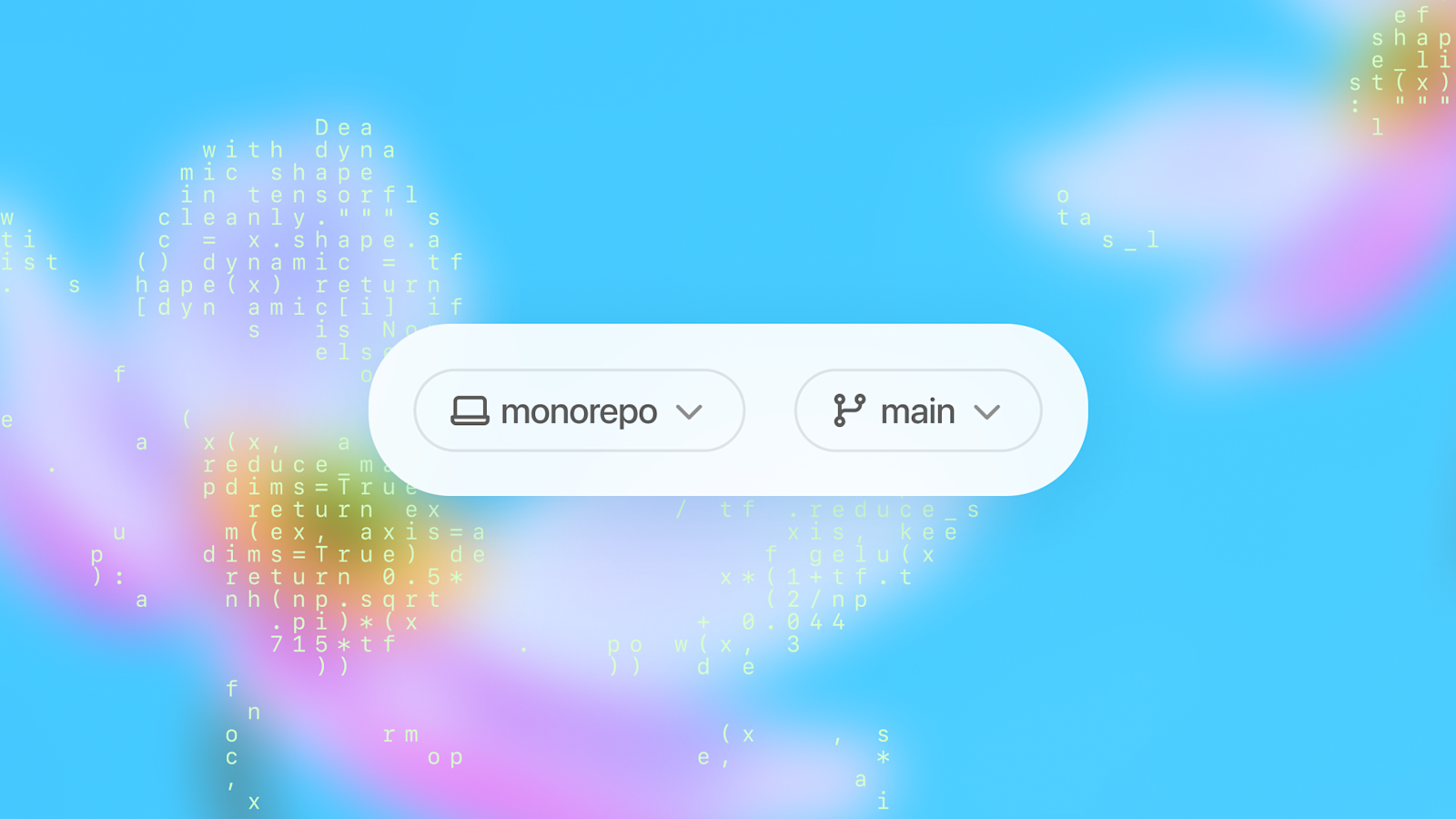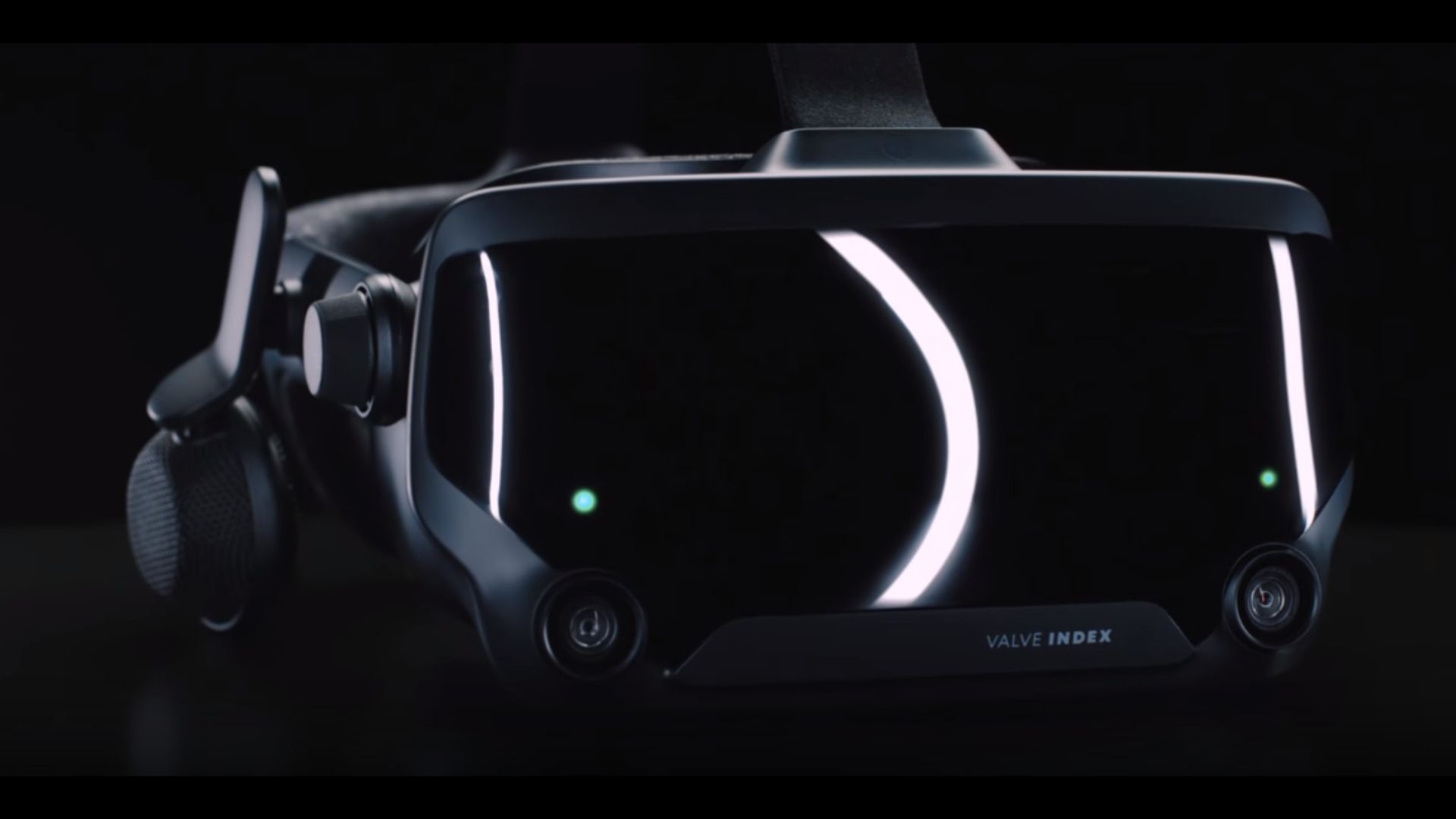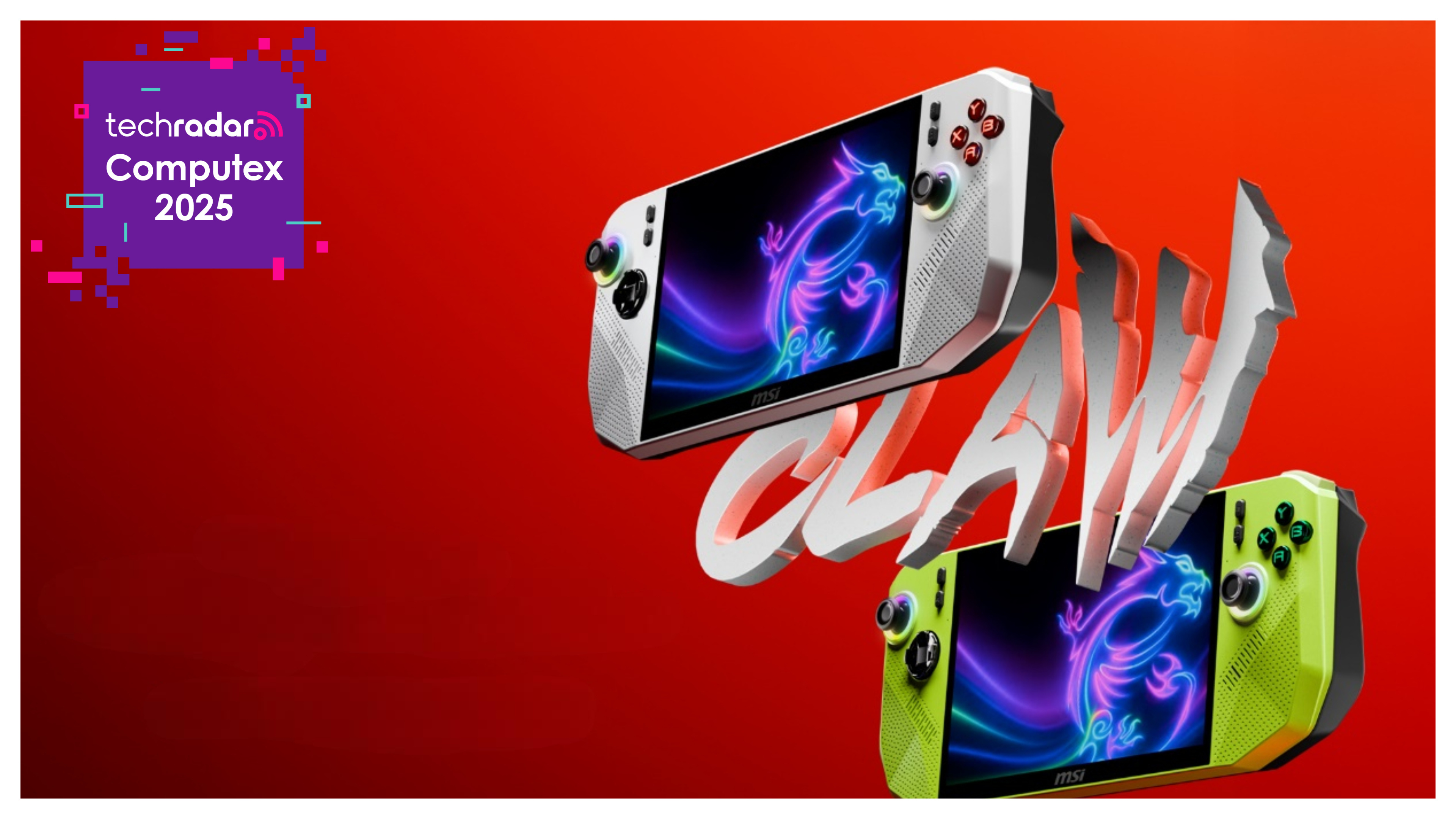- Vision Quest
- Posts
- This Week in Tech 73
This Week in Tech 73
Codex vs Copilot, Waymo expands, Apple redefines the car experience, and Google bets big on the future at IO 2025
Welcome to the cutting edge ⚔️
Read time: 7 min
Today’s Slate
Google’s vision for AI, search, XR, and assistants just got real at Google IO 2025
Codex vs Copilot: The AI coding showdown is here.
Windows 11 gets smarter with right-click AI tools and Copilot-powered file actions.
Valve’s long rumored Deckard headset has been called “quite amazing”, but when will it release?
Waymo and Uber roll out robotaxis in Atlanta and expand across Silicon Valley.
Apple's CarPlay Ultra transforms your dashboard into a smart, customizable iPhone interface.
MSI Claw A8 handheld gaming PC takes aim at the Switch 2 with AMD’s most powerful chip.
The. Future. Is. Here.
Google IO 2025
At a glance
Project Astra becomes reality-adaptive: Google’s “universal AI assistant” can now proactively help users without being asked, using context from camera feeds and conversations.
AI Mode takes over Search: Google Search gets a dedicated AI tab with multimodal capabilities and conversational responses, marking a shift in how we interact with the web.
Gemini 2.5 gets smarter, faster: Major updates to Gemini Flash and Gemini Pro models bring enhanced reasoning, faster performance, and tools like Agent Mode and Jules for coding assistance.
Smart glasses 2.0 arrives: Google partners with Warby Parker, Gentle Monster, and Samsung to launch Android XR smart glasses, combining fashion and function.
Flow AI video generation launches: A new Veo-powered tool allows users to create short AI-generated films using text, images, or “ingredients” as input.
CarPlay-style OS for cars gets real: Android Auto-style integrations and ambient computing features expand across mobile and XR devices.
NotebookLM and Stitch enhance creators' tools: Google’s note-based AI can now make podcasts; Stitch turns UI mockups into production-ready code.
Our vision
Google I/O 2025 marked a seismic shift toward agentic AI, ambient computing, and seamless multimodal interfaces. From universal assistants to smarter search and cross-device collaboration, Google’s announcements signal a future where our digital tools will anticipate needs, adapt to our environments, and reduce friction in everyday tasks.
These announcements further signal the convergence of AI, spatial computing, and immersive hardware like smart glasses and XR which suggests a world where intuitive, responsive experiences will define how we work, create, and move. These are the building blocks of a more intelligent and personalized future, and they’re arriving faster than most industries are prepared for.
Artificial Intelligence
At a glance
OpenAI launches Codex: A cloud-based AI software engineering agent now available to ChatGPT Pro, Team, and Enterprise users.
Parallel tasking: Codex can fix bugs, write features, answer questions, and generate pull requests in isolated cloud environments tailored to your repo.
Custom integration: Codex works with
AGENTS.mdto follow project conventions and runs tests for each change, offering verifiable logs and outputs.Built for real-world use: Companies like Cisco, Superhuman, and Kodiak are already using Codex to debug, refactor, and ship faster.
Compared to GitHub's agent: GitHub’s Copilot agent operates within the GitHub ecosystem and supports IDE workflows, while Codex enables asynchronous, multi-agent task delegation across cloud environments.
Our vision
Codex represents a leap forward in how software will be built. Turning the concept of autonomous agents from a productivity booster into a full-blown development partner. While GitHub’s Copilot agent is ideal for live IDE integration and task-specific execution, OpenAI’s Codex is aimed at broader workflows and is capable of simultaneously handling complex, long-running tasks across multiple sandboxes.
This duality points toward a future where real-time pairing and async agent delegation converge, reshaping engineering from solo coding sessions into AI-assisted, team-like collaboration.
At a glance
AI assistant upgrade: GitHub’s new coding agent can fix bugs, add features, and improve documentation on command.
Fully hands-off: Once assigned, the agent spins up a VM, clones the repo, and works autonomously.
Built-in reasoning: Progress is logged with explanations and tagged for user review when finished.
Understands context: It factors in issue discussions, PRs, and project standards for accurate results.
Enterprise launch: Available to Copilot Enterprise and Pro Plus users via web, CLI, and mobile.
Our vision
GitHub’s AI coding agent marks a major step toward collaborative automation in software development. As these tools evolve, developers may shift from writing every line of code to reviewing and guiding intelligent assistants — streamlining productivity and reshaping the future of teamwork in tech.
At a glance
AI in File Explorer: Windows 11 now lets you right-click files for AI-powered tools like blur background, erase objects, and image search.
Office integration coming: Soon, you’ll be able to summarize or organize documents directly via right-click, but only for Microsoft 365 commercial users.
New AI widgets: Copilot-curated stories and a more personalized feed are coming to Windows 11’s widget board.
Power-saving smarts: A new CPU feature reduces energy use during idle time without affecting performance when you return.
Copilot everywhere: Microsoft is layering Copilot into every corner of Windows, with context-aware support becoming a native UX element.
Our vision
Windows is quietly evolving from an operating system into an AI-powered platform. By embedding helpful actions directly into everyday workflows like file browsing, Microsoft is setting the stage for a more intuitive and proactive computing experience. With Copilot now just a right-click away, the future of productivity may feel more like collaboration with a digital assistant than just using a PC.
Fact-based news without bias awaits. Make 1440 your choice today.
Overwhelmed by biased news? Cut through the clutter and get straight facts with your daily 1440 digest. From politics to sports, join millions who start their day informed.
Spatial Computing
At a glance
Deckard described as “quite amazing”: Lynx founder praised Valve’s upcoming VR headset but withheld specifics.
Leaks hint at near-launch status: Shared suppliers and incoming hardware suggest Deckard may be entering production.
Rumored features: Standalone design, 2K LCD displays, and Snapdragon 8 Gen 3 or similar chipset.
Price expectations: A bundle with games and controllers may cost around $1,200.
Launch timing unclear: No official announcement yet, but all signs point to a reveal soon.
Our vision
Valve’s next VR entry, Deckard, could redefine high-end virtual reality with its sleek standalone design and top-tier components. As Meta, Apple, and Google dominate XR headlines, Valve’s stealthy progress suggests it’s positioning Deckard as a serious competitor in the premium space. They have the chance to potentially disrupt the current hardware hierarchy if it delivers on performance and ecosystem. All eyes are now on a long-awaited reveal.
Transportation
At a glance
Waymo and Uber expand to Atlanta: Early access robotaxi rides are now available to select Uber users in a 65-square-mile area, including downtown, Buckhead, and Capitol View.
$10 ride credit incentive: First-time Waymo riders on Uber receive credits and are asked to provide feedback to shape the experience.
Second city for “Waymo on Uber”: Atlanta follows Austin in hosting the service, with Uber handling vehicle logistics and Waymo managing autonomous operations.
California expansion approved: Regulators gave Waymo the green light to extend its Silicon Valley service beyond San Francisco into new Peninsula communities.
250,000+ rides weekly: Waymo’s robotaxi service is live in Phoenix, Los Angeles, Austin, and the Bay Area, far outpacing Tesla and Zoox in public rollout.
Our vision
Waymo is quietly but steadily building the first truly scaled robotaxi network in the U.S. With deep partnerships, regulatory wins, and rider-ready operations in multiple cities, it’s starting to feel like the self-driving future is arriving. While Tesla continues teasing and Zoox navigates software setbacks, Waymo is already delivering six-figure ride volumes per week. If expansion to airports and international cities follows, “driverless” may soon become a routine option in your ride-hailing app.
At a glance
CarPlay Ultra launches with Aston Martin: The next-gen CarPlay experience is now live in new Aston Martins in the U.S. and Canada.
Full-screen integration: CarPlay Ultra now powers all driver displays, including speedometers, maps, media, climate, and advanced vehicle data.
Vehicle and iPhone unite: Users can control both iPhone features and car functions like climate and radio through a seamless interface.
Custom automaker themes: Apple partnered with Aston Martin's design team for a bespoke visual experience; more brands like Hyundai, Kia, and Genesis are on the way.
Software update coming soon: Existing Aston Martins with next-gen infotainment systems will get CarPlay Ultra in the coming weeks.
Our vision
CarPlay Ultra signals the future of in-car experience where your smartphone and vehicle merge into one unified system. With Apple now controlling everything from your speedometer to your tire pressure display, the line between phone and dashboard is disappearing. As automakers lean into bespoke UI designs and deeper feature integration, we’re moving toward a world where your car is not just a vehicle it’s a personalized, intelligent extension of your digital life.
Expect smarter navigation, real-time diagnostics, dynamic interfaces, and eventually AI-driven assistants that make driving more seamless, safe, and personal.
Gaming
At a glance
MSI Claw A8 debuts with AMD Ryzen Z2 Extreme: MSI’s new handheld gaming PC is powered by AMD’s most advanced chip for handhelds yet, boasting 8 CPU and 16 GPU cores.
Designed for comfort and performance: Features an 8-inch FHD+ display, improved ergonomic design, and comes in snow-white or a new green colorway.
Rivals the rumored Switch 2: While Nintendo’s next-gen console remains officially unannounced, leaks suggest less powerful hardware than Claw A8’s PC-grade internals.
Competitive handheld race heating up: With Steam Deck, Asus ROG Ally, and now MSI Claw A8 gaining momentum, the landscape for portable gaming is becoming more crowded ahead of Nintendo’s next move.
Our vision
As the battle for portable gaming dominance intensifies, MSI’s Claw A8 shows how powerful and PC-like handhelds are reshaping expectations. Compared to Nintendo’s rumored Switch 2, which is expected to prioritize affordability and exclusives over raw power, devices like the Claw A8 offer a different vision: uncompromised performance, Windows integration, and cutting-edge chips.
For gamers, this means more options that suit different play styles. Whether you want a budget-friendly, plug-and-play console or a high-performance rig in your backpack is now up to you. The future of handheld gaming is no longer just about consoles, it's about convergence.
How did you like this week's edition? |
Find out why 1M+ professionals read Superhuman AI daily.
In 2 years you will be working for AI
Or an AI will be working for you
Here's how you can future-proof yourself:
Join the Superhuman AI newsletter – read by 1M+ people at top companies
Master AI tools, tutorials, and news in just 3 minutes a day
Become 10X more productive using AI
Join 1,000,000+ pros at companies like Google, Meta, and Amazon that are using AI to get ahead.









